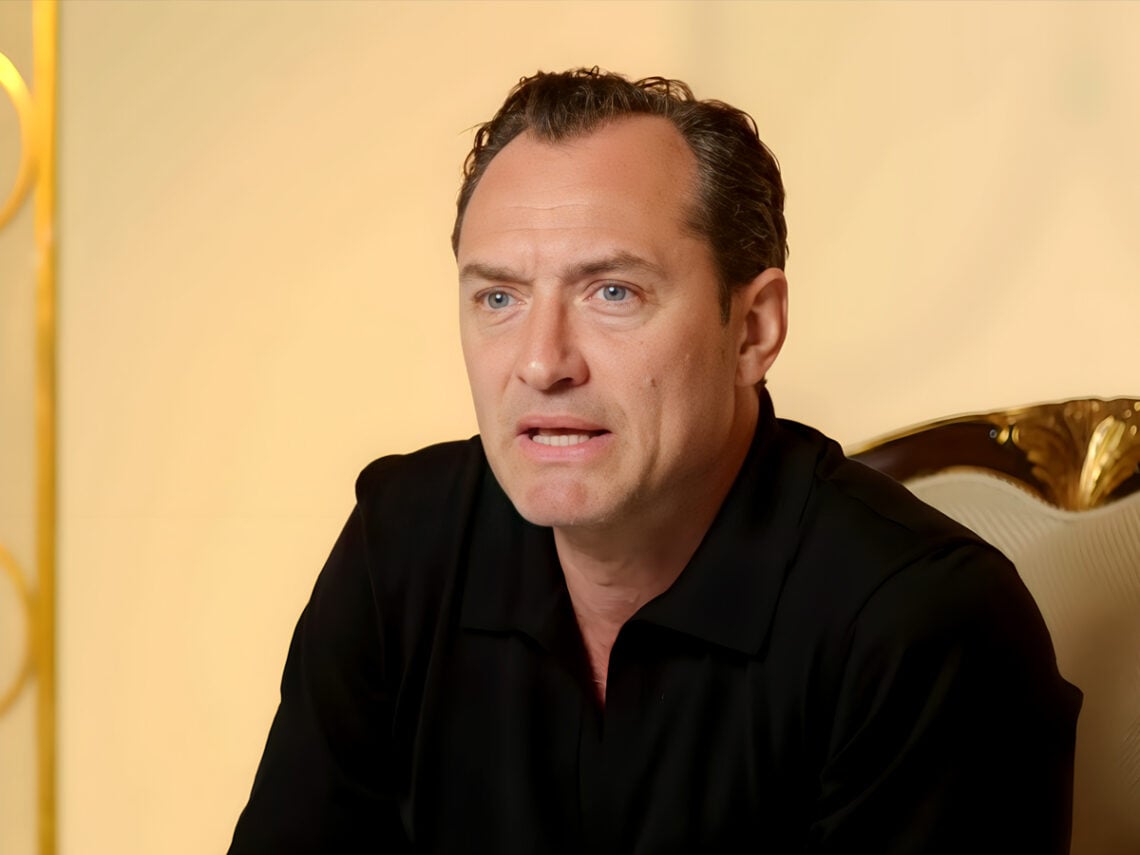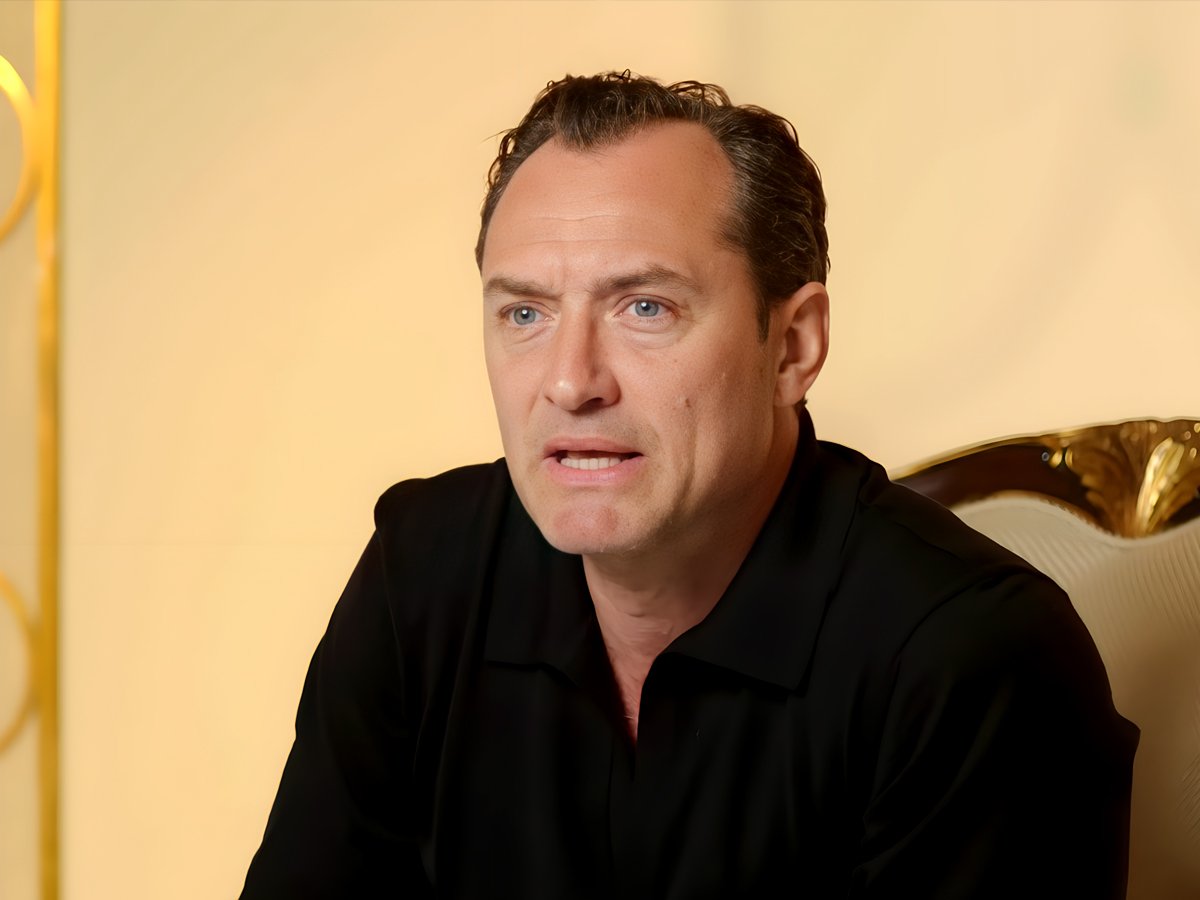
(Credits: Far Out / YouTube Still)
Sat 30 August 2025 9:00, UK
To those unfamiliar with the realities of London, it’s an elusive land of shiny double-decker buses where everyone stays hydrated through copious amounts of tea and Paddington bear roams the streets looking for his next marmalade fix.
Of course, that London doesn’t exist, only in the minds of those who have never been. The truth is, the capital is divided by class, with poverty and crime a common defining factor of living in the city. While there’s obviously so much more to the capital than the worrying crime statistics, it’s important to recognise the realities of a place where millions of people congregate, just trying to get by in a city hardly big enough to hold such a population.
The real London, not one turned into the setting for a slick crime thriller or spy film, revealed itself with the rise of British kitchen sink dramas in the late 1950s and the 1960s. The genre became popular in Britain, subsequently welcoming a new crop of working-class British actors, but it wouldn’t be until Thatcher’s tyrannical reign over Britain that the genre gained increased momentum again, with social realism soon becoming the country’s quintessential cinematic style.
While Jude Law was not from a working-class background, this era of ‘80s British cinema, with the realistic portrayal of his city playing out onscreen, really struck him as an aspiring actor. His experience of growing up in London exposed him to a plethora of people and the city as a character, enmeshed in a narrative that showed how life in London was the cause and cure for the inhabitants’ conditions, and he liked to see his reality mirrored in what he watched.
Thus, Law’s formative moving-watching experience as a teenager was shaped by two films that etched an image of London that he was deeply taken by, and both were acting masterclasses, too, featuring some of the country’s greatest stars.
The first was My Beautiful Laundrette, with Law revealing to Criterion that he saw it “at a time in my life when film felt very other, very distant, really about worlds I didn’t know about or didn’t live in. But this felt very much on my doorstep”. Describing it as “a London that [he] knew”, Law found himself inspired by the way Stephen Frears’ story told a painfully real tale about working-class Londoners, in this case, a romantic relationship that appears doomed from the beginning between a British-Pakistani man and a white-British punk with a racist past.
In a similar vein, Law also expressed his love for Mona Lisa from 1986, which introduced him to the brilliance of Bob Hoskins, noting, “At a very formative time in my life, [it] showed a side of London that I sort of saw and felt around me, but hadn’t necessarily seen on film. And Bob Hoskins demonstrating his brilliant ability to be incredibly tough, plausibly real…of the street, and yet with this incredible heart of gold, which was kind of Bob himself.”
Both films, alongside titles like Babylon, Rita, Sue and Bob Too, Letter to Brezhnev, and Meantime, encapsulated a moment in British history where working-class people were constantly shafted at the hands of Thatcher. These films captured the layered experience of the lives of those stuck on the lower rungs of society, trying to bypass their days of being surrounded by varying degrees of squalor, indulging in the grimy distractions of affairs and alcohol, among other things, in a bid for companionship. These films that Law was exposed to at a young age taught him the power of cinema in becoming a social tool, a way to explore poignant cultural issues and comment on the shortcomings of a system focused on suppressing the subjugated instead of lifting them, and hold up a mirror to a world that wasn’t all shiny and Hollywood-esque, because that’s just not real.
Related Topics
